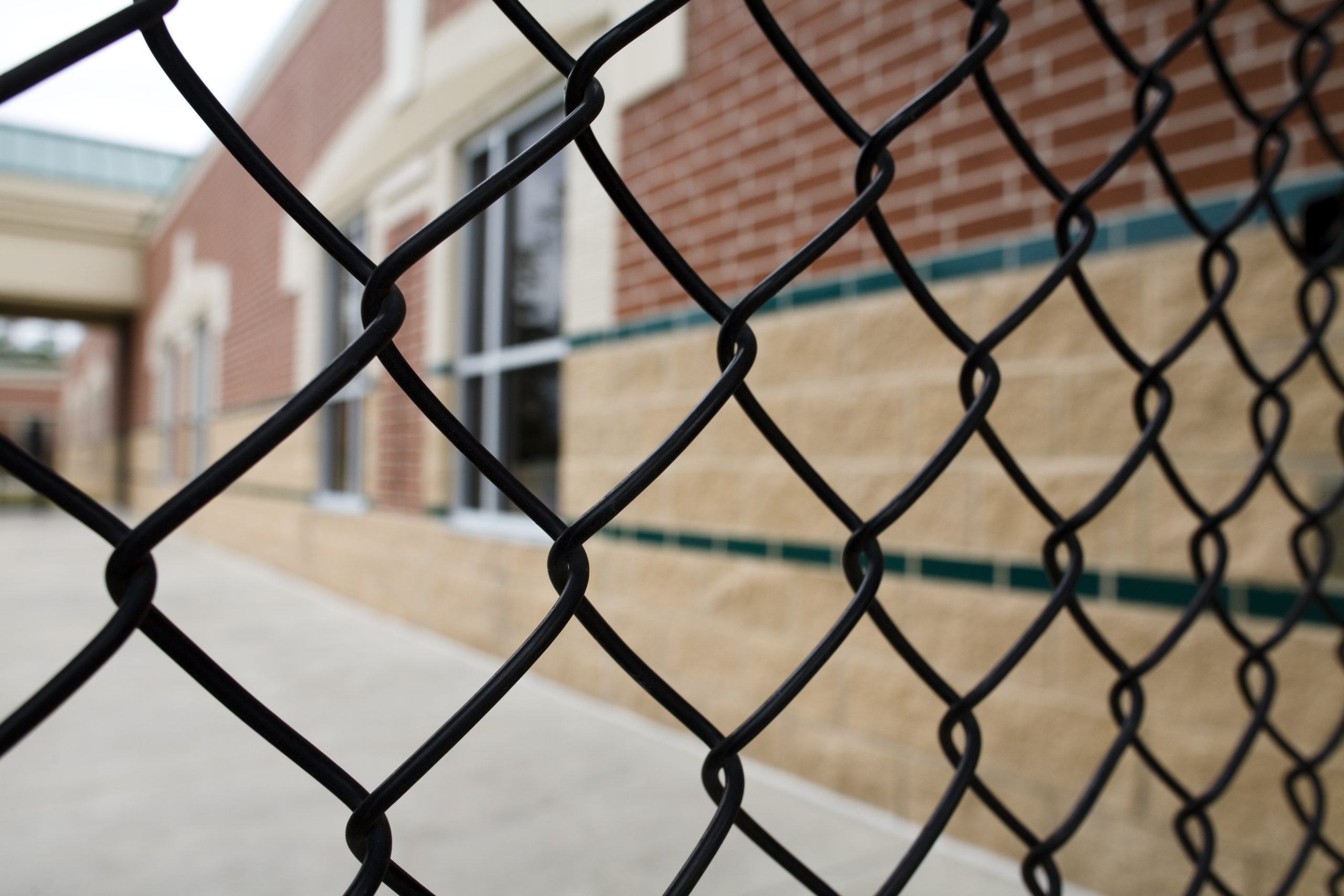New guidance from the California Department of Social Services, the California Department of Health Care Services and the Office of the California Surgeon General has been released clarifying the responsibilities of health care clinical teams who conduct screenings of youth for Adverse Childhood Experiences (ACEs) in the context of the state’s mandated reporting requirements.
In a joint letter published in August, department leaders and California Surgeon General Nadine Burke noted that since the launch of the ACEs Aware initiative on Jan. 1, 2020 — which sought to provide training, clinical protocols and payment to Medi-Cal providers for screening children and adults for ACEs — questions have emerged about the interaction between ACE screening and the requirement that health and mental health care clinical teams report suspected cases of child abuse and/or neglect to Child Protective Services for investigation.
“The screening questions explore current and past ACEs, including abuse or neglect, and assist the clinical team in determining what strategies should be deployed to mitigate prolonged activation of the biological stress response (also known as the toxic stress response),” the letter reads. “It is possible that the responses to the ACE screening will reveal child abuse and/or neglect, which may indicate the need for a mandated report to [Child Protective Services].”
The Child Abuse and Neglect Reporting Act requires individuals that fall into the category of a “mandated reporter” to report suspected child abuse or neglect to CPS. Mandated reporters are professionals who have regular contact with children or are otherwise in a position to observe indicators of abuse and are, therefore, legally required to report suspected child abuse.
In response to questions of concern that reports to CPS will lead to the automatic removal of a child from their family, the guidance states that not all reports to CPS result in a removal from the home. Rather, CPS can be an “important resource for linking families to needed services and supports that can help prevent future abuse and neglect.” In 2018, for instance, CPS received approximately 4.3 million referrals nationally regarding 7.8 million children, and of those, only about 150,000 were ultimately referred to foster care services.
Other pressing questions answered in the guidance include: What are the most effective strategies for adhering to the mandated reporting requirement in the context of screening for ACEs? What about concerns that the mandated reporting requirements disproportionately affect people of color and lower-income communities? And what else can mandated reporters do to help families get through these difficult situations?
The impact of ACEs
There are 10 types of ACEs that can be split into three categories:
- Abuse: Physical, emotional or sexual
- Neglect: Physical or emotional
- Household challenges: Growing up in a household with incarceration, mental illness, substance use, parental absence due to separation or divorce, or intimate partner violence
Burke Harris is currently leading a six-month national public information campaign about the negative physical and mental health impacts that ACEs can have, including increased probability of heart disease, diabetes, asthma and stroke, as well as a greater chance of depression, anxiety and suicide.
The campaign will center around NumberStory.org, a website that explains what ACEs are and shares actionable resources for adults and families impacted by them. The number of ACEs that occur before age 18 can be measured through an ACE score. The life expectancy of individuals with six or more ACEs is 19 years shorter than that of individuals with none. Through the site, visitors can gain a deeper understanding of what an ACE score means to them, proactive steps they can take and resources they can access to help address any related issues.
A Dec. 9, 2020 report, Roadmap for Resilience: The California Surgeon General’s Report on Adverse Childhood Experiences, Toxic Stress, and Health, detailed how ACEs and toxic stress can impact learning and school success. Toxic stress can impede learning and affect relationships and other aspects of functioning in school by impairing the areas of the brain responsible for learning, memory, threat detection, emotional regulation, impulse control and executive functioning.
The report — as well as supplemental documents — also provides clear and equitable response solutions, models and best practices that local educational agencies and their partners could replicate or tailor to serve community needs.





